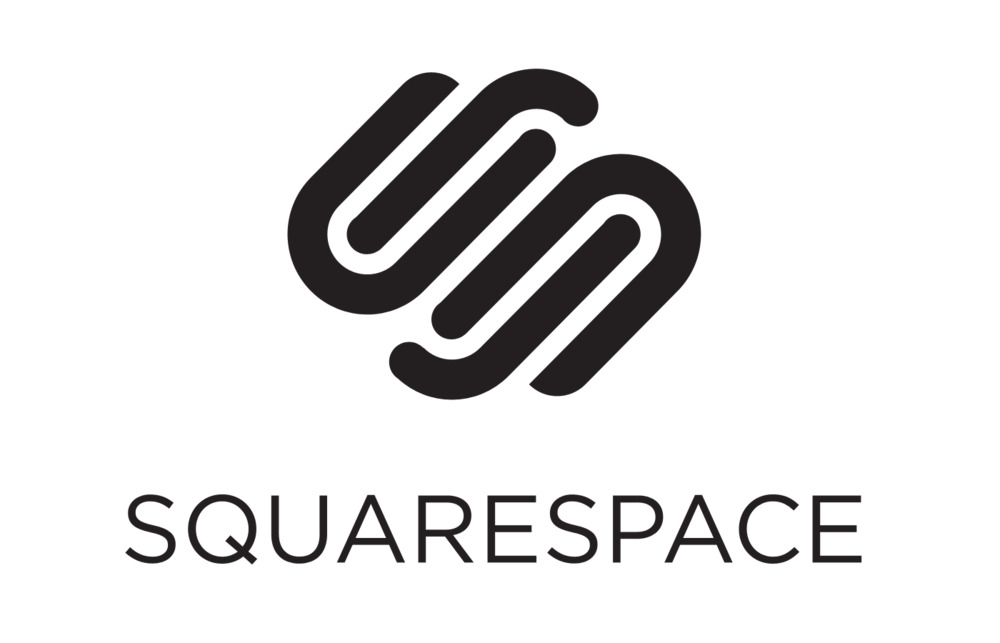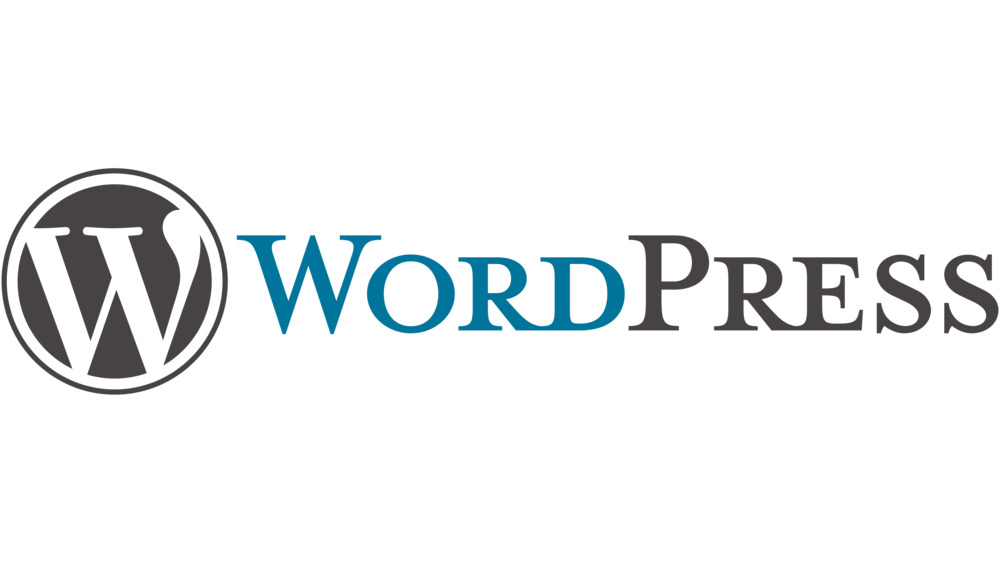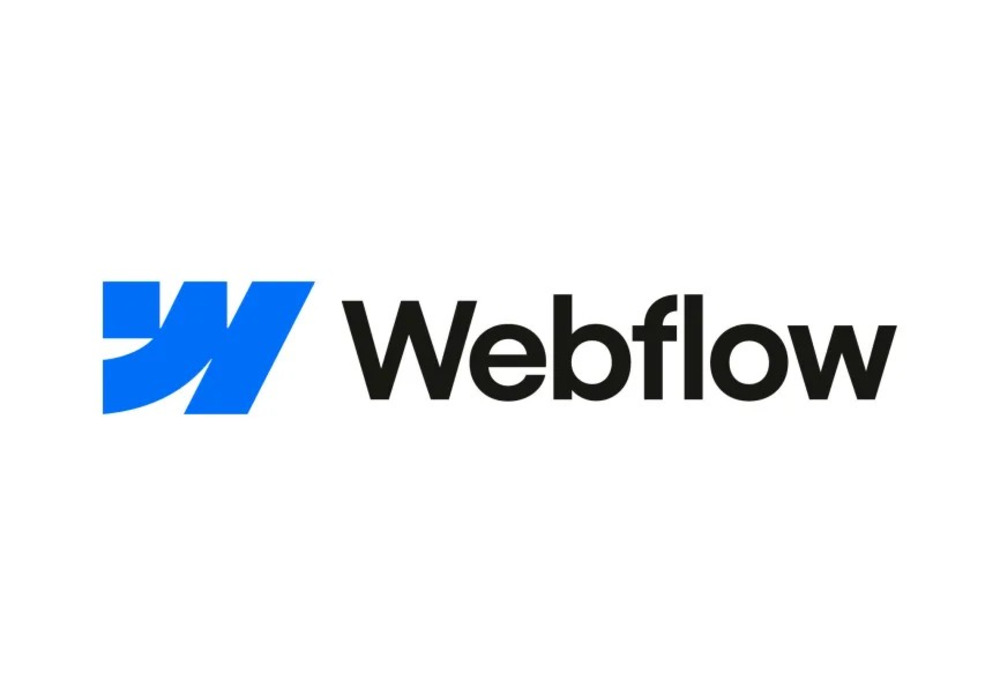Selecting the best website builders for small business significantly impacts your online presence, affecting brand credibility, customer experience, and growth potential.
A suitable website builder simplifies the process of launching your website, reduces technical hurdles, and lets you focus on running your business effectively.
This guide highlights seven most used website builders to help you confidently identify which platform aligns perfectly with your unique business requirements.
Table of Contents
Key Takeaways
- The right website builder impacts how your business is perceived and how efficiently you manage your site.
- Choosing a platform should align with your goals, technical comfort, and flexibility or growth needs.
- Design control, SEO tools, scalability, and ease of use are critical factors to evaluate.
- Simpler platforms suit small, service-based businesses, while more advanced tools cater to growing or design-heavy needs.
- A well-matched builder helps you establish a credible online presence without unnecessary roadblocks.
Why Choosing the Right Website Builder Matters

The platform you choose lays the foundation for how your business appears online and how smoothly it operates behind the scenes. Here’s why choosing the best website builders for small business matters:
- First impressions count
Customers often form opinions based on how your website looks and performs. A polished site with responsive design builds trust from the start.
- Ease of management
The right builder allows you to update content, add products, or publish blogs without coding knowledge.
- Room to grow
Some builders are better suited for scaling as your business expands, offering features like custom domains, advanced analytics, or app integrations.
- Built-in tools and support
A good platform comes with marketing, SEO, and customer support tools to help you succeed long-term.
- Cost-efficiency
Choosing wisely helps avoid expensive migrations or rebuilding later when your business needs outgrow the platform.
Picking the best website builder lays the groundwork for a powerful online presence. Discover more reasons why a great website is essential for your business success from this guide today.
What to Consider Before Choosing a Website Builder

Before committing to a platform, it’s important to assess your business needs and how each builder aligns with them. Keep these factors in mind:
- Business goals: Identify whether the site is for selling products, showcasing a portfolio, or generating leads.
- User-friendly Interface: Consider how comfortable you are with technology and whether you need a no-code platform.
- Design flexibility: Check if the builder allows custom layouts or relies heavily on templates.
- SEO features: Look for tools that support search engine optimisation, such as custom meta tags and sitemaps.
- Third-party integrations: Ensure the builder supports essential tools like payment gateways, CRM, or email marketing platforms.
- Scalability: Choose a platform that can grow with your business without requiring a complete rebuild.
- Customer support: Reliable support options like live chat or knowledge bases can make managing your site much easier.
To manage a website effectively, it helps to know what challenges often arise during the web development process. Take a look at these common web development pitfalls so you can avoid costly mistakes and build a stronger website from the start.
7 Best Website Builders for Small Businesses
With so many website builders, choosing the right one can feel overwhelming. To help you decide, we’ve highlighted seven top platforms, each with its own strengths, limitations, and best use cases, so that you can find the best fit for your business needs.
1. Wix

Wix is a user-friendly, drag-and-drop website builder ideal for small to medium businesses looking for creative freedom without doing coding. It offers hundreds of designer-made templates and an AI website builder to help you launch quickly.
Even though Wix is great for visually rich websites and a simple online store, it has limited backend flexibility compared to open-source platforms. It’s best suited for businesses prioritising ease of use and visually engaging layouts over deep customisation.
2. Squarespace

Known for its sleek and polished website templates, Squarespace is a go-to choice for creatives, freelancers, and service-based businesses that value visual storytelling. Its all-in-one platform includes built-in blogging features, eCommerce, and basic marketing tools.
However, its design flexibility is limited to structured layouts, which may not suit those needing complex customisation options. It’s most suitable for users who prefer clean aesthetics and a streamlined setup experience.
3. WordPress.com

WordPress.com offers flexibility and scalability, making it suitable for blogs, business websites, and content-heavy platforms. It supports many themes and plugins, allowing users to add complex features as their site grows.
While it’s beginner-friendly on the surface, advanced customisation options may require some learning or technical support. For businesses aiming to build a robust online presence with room to expand, WordPress.com is a valuable long-term choice.
4. Shopify

Shopify is designed for businesses that prioritise online selling. It comes with built-in tools for product management, payment processing, and order fulfilment, making it easy to run an online store even without technical skills.
The platform’s custom design options are mostly limited to its themes, and additional features may raise overall costs. Nonetheless, it remains a reliable option for businesses aiming to expand their eCommerce presence.
5. Weebly

Weebly offers a straightforward solution for small business website design. Owned by Square, it’s particularly beneficial for businesses that also need point-of-sale (POS) integration.
Though easy to use, Weebly might feel limited for businesses requiring extensive functionality or design customisation options. However, its easy-to-use interface makes it ideal for those prioritising convenience and efficient site management.
6. Webflow

Webflow caters primarily to designers and developers, offering precise control over website appearance through advanced CSS customisation. Its robust Content Management System (CMS) features support dynamic content, making it appealing for complex sites or digital agencies.
The platform’s advanced capabilities come with a learning curve that might be challenging for beginners. Businesses with design expertise or those partnering with professionals will appreciate Webflow’s comprehensive features.
7. GoDaddy

GoDaddy emphasises ease and speed, ideal for launching websites without technical hassle. The platform walks users through the setup process and includes built-in tools for basic marketing and appointment bookings.
Although it lacks advanced flexibility, it suits businesses prioritising convenience over extensive customisation.
Conclusion
Each website builder offers a different balance of control, simplicity, and business focus. The right choice depends on how hands-on you want to be, what features your business needs, and how you plan to grow your online presence.
Matching your priorities to the platform’s strengths is key to building a site that works for you, not against you.
Ready to launch your website? Get expert advice and affordable website design services for small business with Newnormz digital marketing today. Contact Newnormz and let us help you create a business website for your lasting success.






